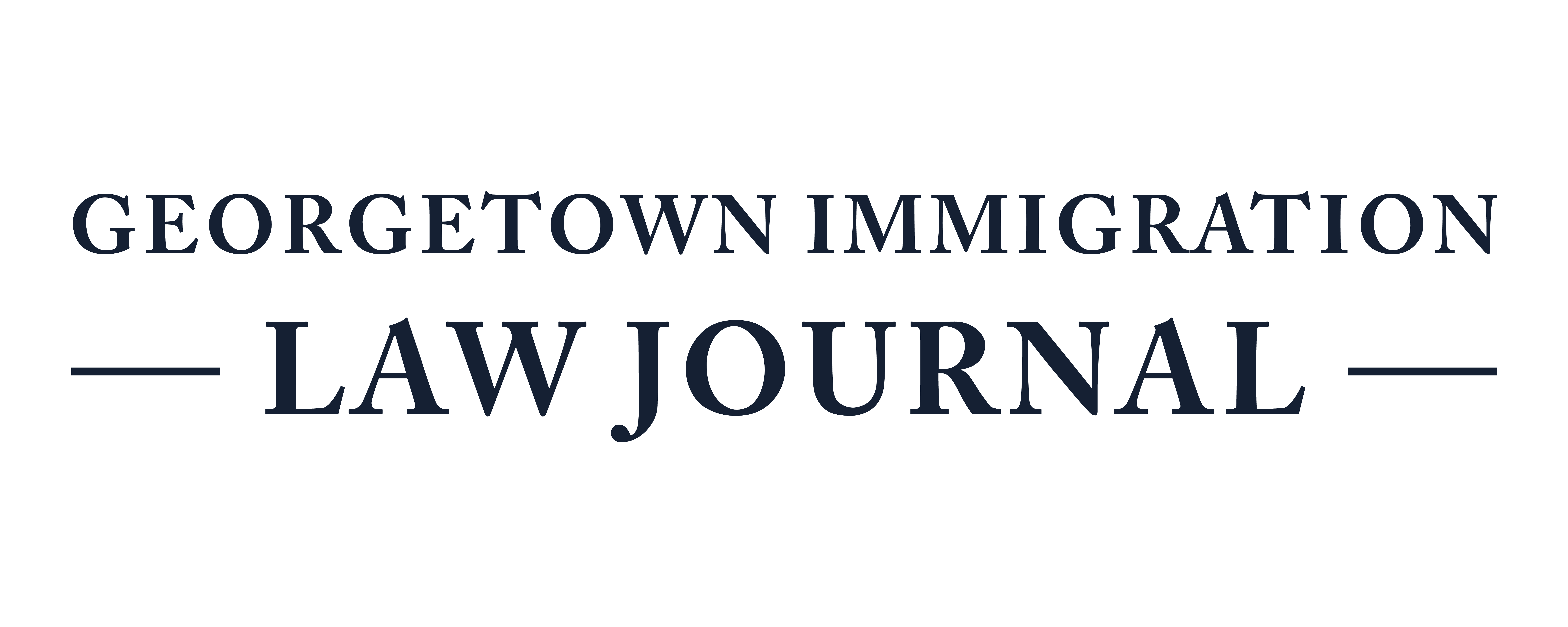The Doctrine of Consular Nonreviewability in the Travel Ban Cases: Kerry v. Din Revisitied
When ruling on the recent Travel Ban Cases, the U.S. Supreme Court and judges of the Fourth and Ninth Circuit Courts were required to consider the question of justiciability and reviewability. To answer these questions, the judges turned to the Doctrine of Consular Nonreviewability and Justice Kennedy’s concurring opinion in the U.S. Supreme Court decision Kerry v. Din (2015). Interestingly, the lower-court judges interpret both the doctrine and Kennedy’s concurrence in different ways, and so have begun to define the scope of the Doctrine of Consular Nonreviewability, thereby interpreting the crucial Mandel test1 distinctively, too. Several questions arise from the Travel Ban Cases. First, it must be asked if they can be seen as appropriate application cases of the Consular Nonreviewability Doctrine. If the proposed executive action was properly addressed by the courts, it must then be deter-mined which judge(s) had the correct reading of Kennedy’s concurrence in Kerry v. Din and the precise interpretation of the Mandel test. To answer these questions, the paper takes account of the Doctrine of Consular Nonreviewability, its “cousin” the Plenary Power Doctrine, Kerry v. Din and the Travel Ban Cases. It has to be examined how these cases ended up in front of American courts via the construction of a “third-party” or “indirect standing” to avoid the legal fact that there is no real standing for aliens out-side the U.S. territory. A short comparative analysis shows the differences to the legal systems of Germany and Great Britain. A closer look at how the judges made use of Kennedy’s concurrence in Kerry v. Din and of the Mandel test illustrates whether or not the judges in the Travel Ban Cases were correct to apply the Doctrine of Consular Nonreviewability. A further distinction between the Travel Ban Cases and Kerry v. Din can be drawn by looking at the (non-) analysis of substantive due process: is there a possible fundamental right for those affected by the travel bans that was not addressed in the courtrooms so far?
Continue reading The Doctrine of Consular Nonreviewability in the Travel Ban Cases: Kerry v. Din Revisitied
The Doctrine of Consular Nonreviewability in the Travel Ban Cases Subscribe to GILJ
